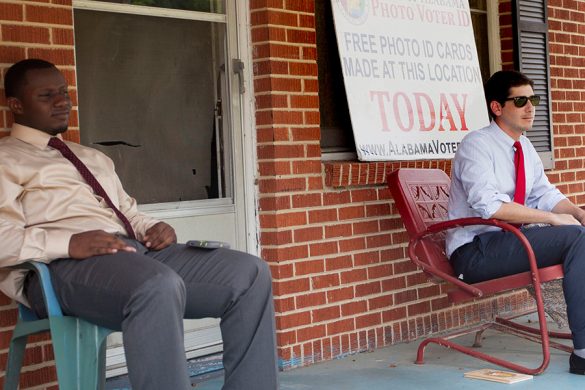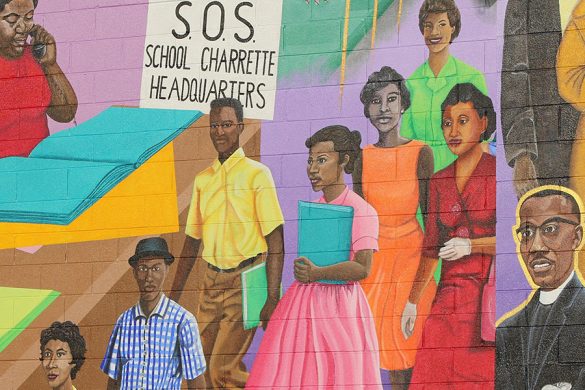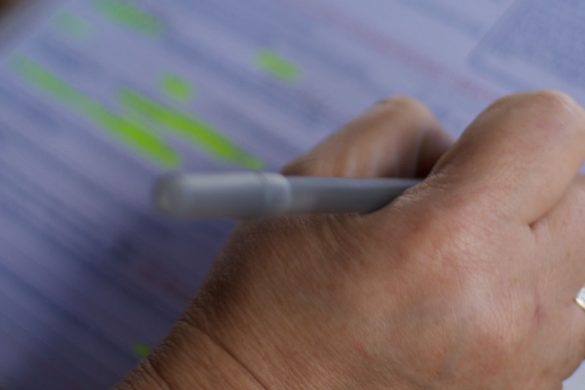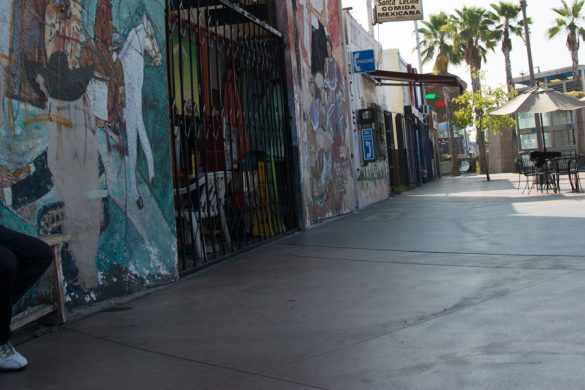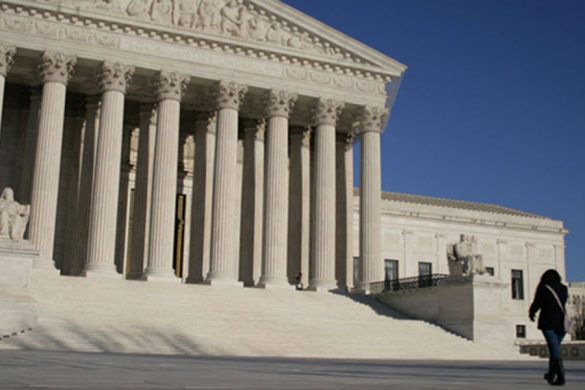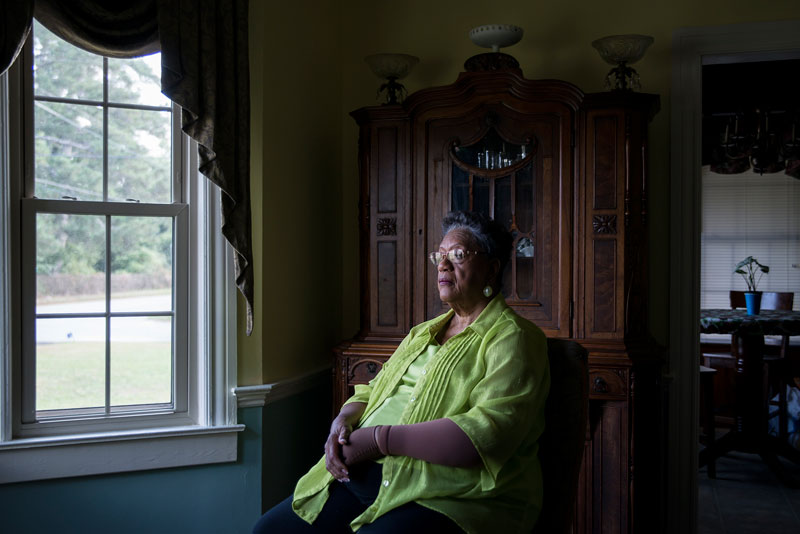
Edith Ingram, 74, is just called “The Judge” by many people in Sparta, Georgia, after being elected in 1968 as the first black probate judge in the United States. On her first day of work, white men stood at the base of the courthouse and threatened to shoot her in the back if she walked up the steps. She did anyway, and she remained in office for over three decades. (Photo by Roman Knertser/News21)
PHOENIX – November’s presidential election will be the first since the U.S. Supreme Court knocked down a key provision in the 1965 Voting Rights Act.
Three years ago, the monumental Supreme Court decision began allowing many states across the country to pass a wave of new laws that add requirements to vote, including requiring photo identification at the polls. State leaders say the new rules are part of an effort to curb voter fraud and keep elections fair.
A California Institute of Technology study released in 2015 evaluated the high court’s logic in its decision and provided “an absolute rebuttal,” according to the study’s author, J. Morgan Kousser.
Section 5 of the Voting Rights Act had required states and local jurisdictions with a history of discrimination, mostly in the South and Southwest, to “preclear” voting-related changes through the federal government.
Section 5 had survived previous court challenges, and the Republican Congress renewed the Voting Rights Act in 2006.
But when Chief Justice Roberts read his majority opinion in Shelby County v. Holder in June 2013, the decision dramatically altered the voting landscape.
The court struck down Section 4 of the act, which outlined the requirements for which areas fell under Section 5. As a result, the preclearance provision was rendered useless.
In the opinion, Roberts acknowledged that while voting discrimination was “rampant” in the South in the 1960s, “today’s statistics tell an entirely different story.” He said the South was being unfairly targeted by anti-discrimination laws based on a “fortuitous relationship.”
Kousser, a professor of history and social science, looked into these assertions. He found that since the passage of the Voting Rights Act until the Supreme Court decision, the Section 4-covered areas had a much higher number of voting rights violations and election rule changes as a result of Department of Justice intervention or litigation. This concentration of law changes in the areas covered by Section 4 also has not decreased over time, according to the study.
Of the more than 3,800 times county-level voting rules were overturned from 1957 to 2014, 91.7 percent of them were in places covered by Section 4, according to the study.
“A government program that works 91 percent of the time,” Kousser said during a phone interview with News21. “(The authors of the Voting Rights Act) understood very well where the infractions and discriminations were likely to take place.”
Because the Shelby County ruling dispensed with preclearance, previously covered states don’t need to notify the federal government of changes to voting rules before they implement them, meaning the only way for the Department of Justice to dismantle a potentially discriminatory law is to file suit after the law has been passed.
In a July speech to a national Latino rights advocacy group, U.S. Attorney General Loretta Lynch said Shelby County struck down “the heart of the Voting Rights Act.”
The decision was 5-4. But because Justice Antonin Scalia has since died, the court now has an even 4-4 split between liberals and conservatives. And ongoing litigation over new state laws may reach the Supreme Court.
Thus far, liberal judges in federal courts have been more likely to overturn new state voting laws, saying they disenfranchise minority voters who often have limited access to things like government-issued IDs and reliable transportation. Support for new voting requirements has largely come from Republicans.
November’s presidential election could decide much of this national debate. The new president will likely nominate a justice to fill the high court’s empty seat.
But to many, today’s debate over voting access is not new. The Voting Rights Act is considered one of the pinnacle achievements of the civil rights movement and was the beginning of the end for Jim Crow laws that kept many African-Americans from the ballot.
Edith Ingram was elected the first black probate judge in the nation in 1968, in a small, impoverished town called Sparta, Georgia, that wasn’t racially integrated until the ‘70s. Georgia is among several states embroiled in civil rights lawsuits over its removal of some voters from registration rolls and its proof-of-citizenship requirements to register.
“When you have a people who don’t realize where they came from and the history of what has happened, they don’t know where they’re going,” Ingram said. “Now, those young black people and some of the older people are giving our gains back faster than we got ‘em. And if they ever get their foot on our necks again, it’s going to be another 50 years before we rise again.”
Come back Aug. 20 to see the full News21 report on “Voting Wars.”

